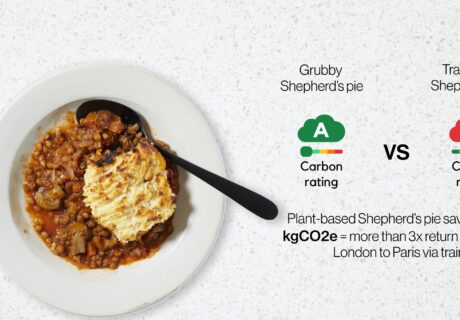New research by Denmark’s DTU National Food Institute has uncovered the presence of PFAS in organic egg yolks.
These contaminants – also known as ‘forever chemicals’ thanks to their inability to degrade in the environment – pose serious risk to human health, most notably to children, who DTU researchers believe are high risk.
Of particular concern to the DTU are children aged 4-9 years old who consume more than 2.5 organic eggs a week. Associate professor Kit Granby at the DTU says consuming large amounts over a number of years during infancy can impair the effects of childhood vaccinations. She also points to weakened immune systems, elevated cholesterol levels and reduced birth weights as other health impacts.
The DTU’s study – a collaboration with the Danish Veterinary and Food Administration –
found higher levels of PFAS in organic eggs than it did in free-range, barn and battery hens. Its presence is thought to have been caused by PFAS-contaminated fish – a common raw material in hen feed.
“A cleaner feed ingredient for egg-laying hens would result in effective mitigation of PFAS in organic eggs within one to two weeks,” says the DTU.
“It is expected that the EU will later introduce maximum levels in feed, as it has been implemented for other environmental pollutants,” comments Granby.
Danish producers have already announced that they will stop using fishmeal in feed for egg-laying hens with immediate effect.





